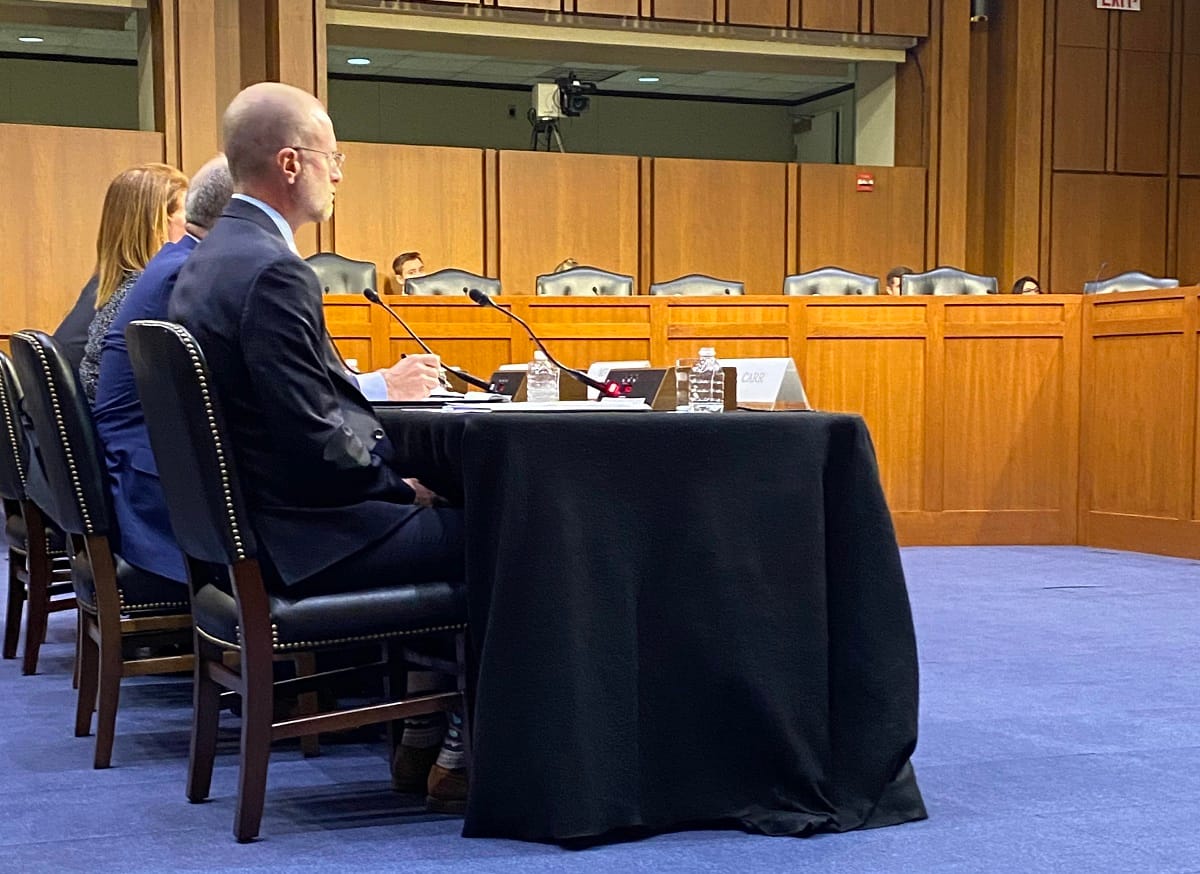Senate Commerce Hearing Tackles Barriers to the Short-Staffed 5G Deployment Initiatives
WASHINGTON, January 22, 2020 – Senators and witnesses from government agencies and technology firms agreed Wednesday at a hearing that the lack of a skilled workforce remains a major barrier to widespread 5G deployment. Senate Commerce Committee Chairman Roger Wicker, R-Miss, said that in the race t









Member discussion